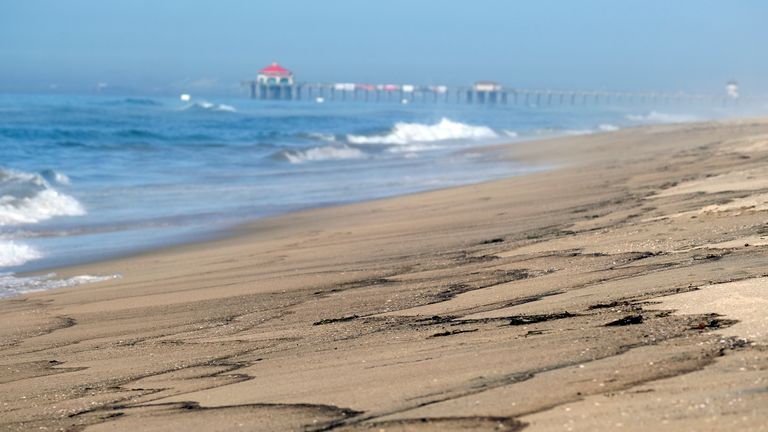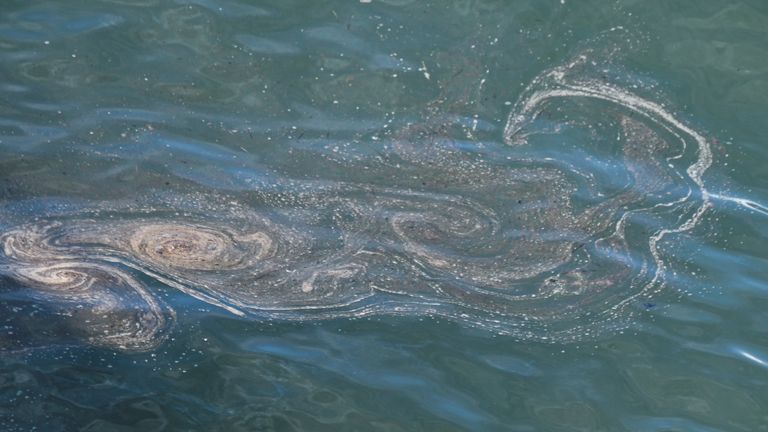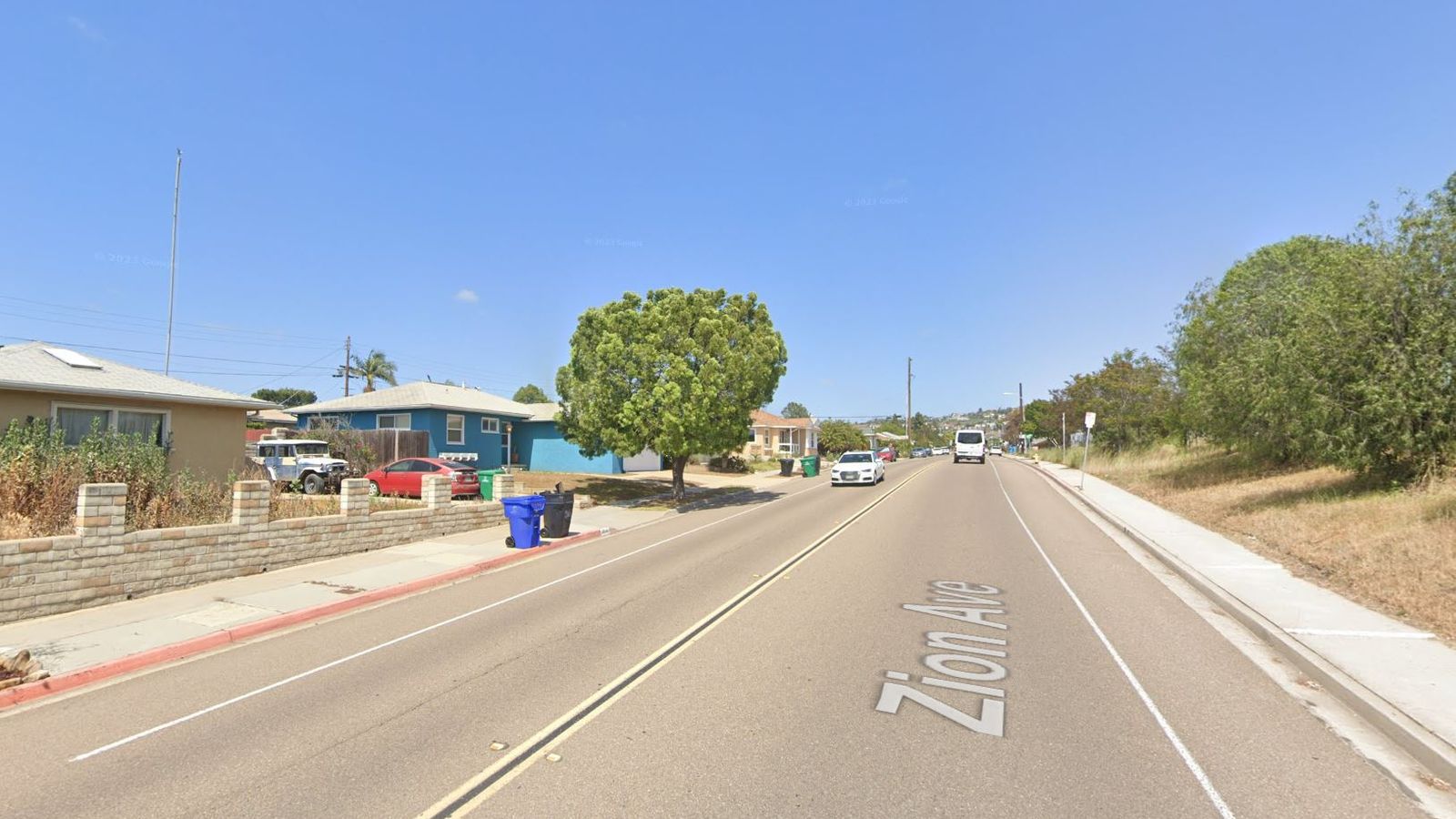An emergency clean-up effort is under way in Huntington Beach, California, after a massive oil spill described by the city’s mayor as an “environmental catastrophe”.
More than 572,000 litres – 3,000 barrels – of heavy crude spilled into the Pacific Ocean between Huntington Beach Pier and Newport Beach, a distance of more than five miles.
Booms – floating barriers – were deployed on the ocean surface to contain the oil, while divers investigated the source of the leak.
Dead birds and fish were strewn across the sand and rescuers were searching for other animals harmed by the oil.
The area is known as a home to threatened and endangered species including humpback whales and a bird called the snowy plover.
Orange County supervisor Katrina Foley said the oil had caused “significant damage” in the ecological reserve of Talbert Marsh.
The spill, thought to have been caused by a leak in an underwater pipeline, covers about 13 square miles and was reported on Saturday.
Operations at three off-shore platforms owned by Houston-based Amplify Energy Corp were shut down on Saturday night.
The affected beaches, which would usually be busy with swimmers and surfers, are likely to remain closed for weeks or even months, according to Huntington Beach mayor Kim Carr.
Officials had to cancel the final day of a popular air show that would usually attract tens of thousands of people.
“In a year that has been filled with incredibly challenging issues this oil spill constitutes one of the most devastating situations that our community has dealt with in decades.
“We are doing everything in our power to protect the health and safety of our residents, our visitors and our natural habitats.
“In the coming days and weeks we challenge the responsible parties to do everything possible to rectify this environmental catastrophe.”
Huntington Beach resident David Rapchun told The Associated Press: “For the amount of oil these things produce I don’t think it’s worth the risk.
He asked whether oil drilling was a good idea so close to some of Southern California’s most beautiful beaches, adding: “We need oil, but there’s always a question: Do we need it there?”
Jacqueline Savitz, chief policy officer at conservation group Oceana, said: “This is just the latest tragedy of the oil industry.
“It’s well past time to prevent future oil spills by permanently protecting our coasts from offshore drilling.”









